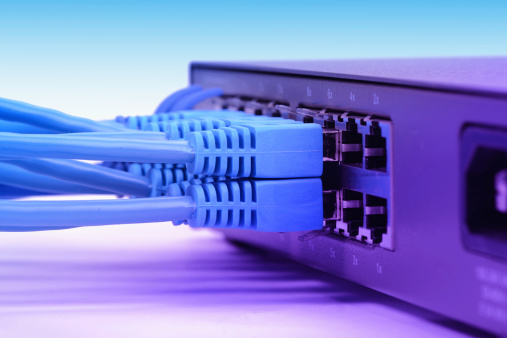How Smart Home Tech Can Help Your Small Business with Culture, Clutter and Security
By Alex Ruan
Gartner predicts that the typical family home could contain more than 500 smart devices by 2022. While it may be glamorous and exciting to envision a world where a hot meal is prepared at the push of a button and mattresses know exactly how to help you sleep, the implications for businesses are equally as exciting, although often overlooked.
The “smart home” is really a misnomer, or at least a simplification. Just as smart home consumers look for personalization, convenience and security, so do business owners. A small business is like an extension of the home, and small businesses also stand to benefit greatly by embracing Internet of Things technology. The IoT can help them cultivate a vibrant and personalized company culture, declutter and streamline their office space, and keep their workplace secure. Let’s take a deeper look.
Culture and Personalization
Millennials now represent the largest generation in the U.S. workforce, according to the Pew Research Center. With their ascension, company culture has become a top priority for businesses across sizes and sectors. Millennials thrive in casual, flexible workplaces that reflect and allow them to express their personal preferences. They seek out offices that are fun, where they have friendships with their coworkers and enjoy spending time.
However, many employers are struggling to create these workplaces. A study from Deloitte found that HR leaders consider culture and engagement their number-one challenge. Smart home technology can help.
For example, connected devices can play music throughout an office in a way far more sophisticated and convenient than traditional speakers. Millennials love to listen to music while they work, and research shows that upbeat music can drive performance, as well as boost people’s moods. Connected home devices offer nuanced controls for playing music that automatically turn on and off when there are employees around, and that make it easy to for each team to choose and change what they are listening to. Connected speakers can also be used to deliver company announcements and easily bring people together.
Or a smart thermostat can help regulate the office temperature to everyone’s liking and optimal productivity. A recent study in the journal Nature Climate Change made a big splash when it found that most offices maintain a temperature that is uncomfortable for women, being based on men’s cooler preferences. A connected thermostat provides an energy efficient and adaptable way to ensure workers are comfortable.
Clutter
Offices and stores can rapidly get cluttered, arguably even more so than homes because there are more people contributing to the chaos. Devices, wires, office equipment, inventory, papers and miscellany quickly coalesce into a mess, and messes compromised productivity.
Connected devices can be a significant help in reducing clutter. One way is by combining various devices into one, hybrid product. For example, a lightbulb can double as a Wifi extender. Or a smart device can help cut down on waste. Smart refrigerators can identify when an item has been in there too long and/or is about to perish, so Bill from Accounting’s ham and cheese sandwich doesn’t stay stuck in there for weeks.
Security
Finally, IoT technology can put the power of security into the hands of small business owners. Security is one of the top reasons why homeowners invest in IoT technology, and offers the same benefits of self-monitoring to business owners.
Connected devices make it possible to cost-effectively monitor office spaces for suspicious activity and enable the owner to immediately know if and when something is amiss. They can help SMB owners ensure all doors and windows are locked before leaving and capture video footage of intruders. If these capabilities are available via a hybrid product, such as an LED lightbulb, then it can do triple duty helping to reduce clutter and drive energy efficiency in the workplace, which results on cost savings.
For all the above reasons and more, “smart home” technology can also serve as “smart office” technology. Small business owners can ride the Internet of Things wave to keep their workers happy and productive in tidy and secure workplaces. Moreover, since it is designed for the consumer market, smart home technology tends to be affordable and easy-to-install, which is ideal for small business owners. The future of the home is also the future of the office.
Alex Ruan is the general manager of Sengled. Sengled is revolutionizing the lighting industry with smart bulbs that transform your house into a connected home.







